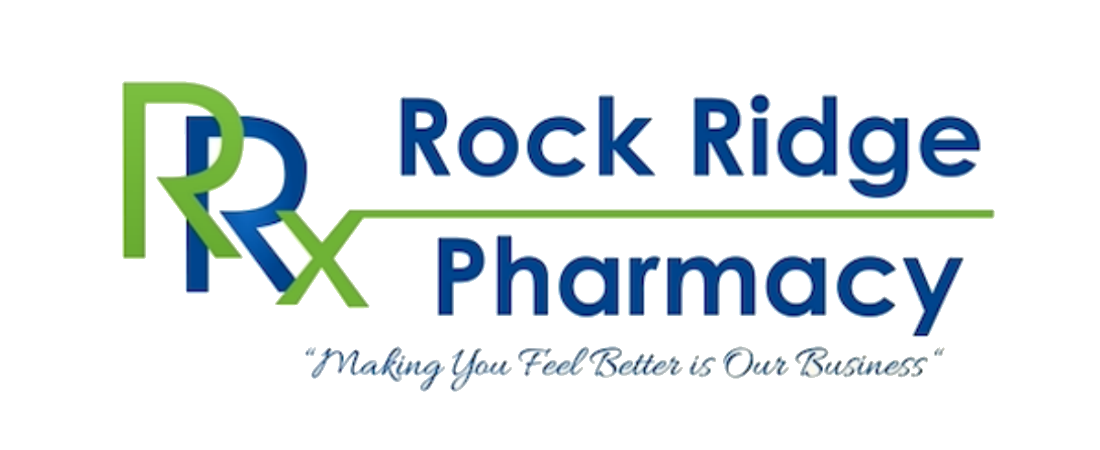Antibiotics have revolutionized modern medicine, saving millions of lives by eliminating harmful bacterial infections. However, while antibiotics target dangerous bacteria, they can also disrupt the balance of beneficial bacteria in our gut. This can lead to digestive issues, weakened immunity, and other health concerns. That’s where probiotics come in! These beneficial microorganisms help restore gut balance, reduce antibiotic-related side effects, and promote overall health. In this blog, we’ll explore why pairing probiotics with antibiotics is essential and how you can safeguard your well-being during antibiotic treatment.
Understanding the Gut Microbiome
Your gut is home to trillions of bacteria, collectively known as the gut microbiome. This diverse ecosystem plays a critical role in:
- Digestion and nutrient absorption
- Immune system function
- Mental health and mood regulation
When you take antibiotics, they don’t just kill the harmful bacteria making you sick—they also eliminate beneficial bacteria, disrupting your gut microbiome’s delicate balance.
How Antibiotics Affect Your Gut Health
While antibiotics are crucial for fighting infections, they can have unintended effects on your digestive system:
- Gastrointestinal distress: Many people experience diarrhea, bloating, and nausea while taking antibiotics.
- Increased risk of infections: Disrupting gut bacteria can lead to conditions like yeast infections and antibiotic-associated colitis (e.g., C. difficile infections).
- Weakened immunity: Since a large portion of your immune system resides in your gut, an imbalance can make you more susceptible to future infections.
This is why taking probiotics during and after antibiotic treatment is vital for restoring gut health and preventing these issues.
Case Studies: The Science Behind Probiotics and Antibiotic Use
Case Study 1: Reducing Antibiotic-Associated Diarrhea
A 2017 study published in The Journal of the American Medical Association (JAMA) analyzed over 6,000 patients taking antibiotics. Those who also took probiotics had a 42% lower risk of developing antibiotic-associated diarrhea compared to those who didn’t.
Case Study 2: Probiotics and Immune Support
A 2021 clinical trial conducted by the National Institutes of Health (NIH) found that individuals who took Lactobacillus and Bifidobacterium probiotics alongside antibiotics recovered 30% faster from respiratory infections and experienced fewer secondary infections.
Case Study 3: Gut Restoration Post-Antibiotics
A long-term study from Harvard Medical School followed patients who took Ortho Molecular Probiotic 225 after completing an antibiotic regimen. Results showed that 90% of participants experienced restored gut microbiota balance within two weeks, compared to six weeks in those who didn’t take probiotics.
What Are Probiotics and How Do They Help?
Probiotics are live, beneficial bacteria that support gut health and counteract antibiotic-related disruptions. Some of the most well-researched probiotic strains include:
- Lactobacillus – Supports digestion, prevents antibiotic-associated diarrhea.
- Bifidobacterium – Helps restore gut balance, enhances immune function.
- Saccharomyces boulardii – A beneficial yeast that protects against antibiotic-associated diarrhea.
Adding probiotics to your routine while on antibiotics can:
- Restore healthy gut bacteria
- Reduce antibiotic side effects
- Improve digestion and nutrient absorption
- Strengthen your immune system
- Support mental well-being
Best Probiotics for Antibiotic Support
At Rock Ridge Pharmacy, we offer pharmacist-recommended probiotic supplements designed to support your gut during and after antibiotic treatment. Our top picks include:
- Pure Encapsulations Probiotic G.I. – A high-quality probiotic blend that supports gut balance and digestive health. It contains clinically proven strains like Lactobacillus and Bifidobacterium, making it ideal for preventing antibiotic-associated diarrhea.
- Ortho Molecular Products BioPC Pro – A premium probiotic formulated to support a strong intestinal barrier and gut health. It’s great for people who experience gut irritation from antibiotics.
- Ortho Molecular Products Probiotic 225 – A high-potency probiotic with 225 billion CFUs, designed for those needing intensive gut microbiome support. This probiotic helps restore balance quickly after antibiotic use.
- Florastor® Probiotic (Saccharomyces boulardii) – A clinically backed probiotic known to prevent AAD and support immune function. This strain isn’t affected by antibiotics, making it one of the best choices for maintaining gut health.
- Renew Life Ultimate Flora – A high-potency probiotic containing 50 billion CFUs per capsule, perfect for restoring gut flora and preventing digestive issues post-antibiotics.
Conclusion: Protect Your Gut, Protect Your Health
Antibiotics are powerful and necessary medications, but they can disrupt the delicate balance of your gut microbiome. Taking probiotics alongside antibiotics can help minimize side effects, restore healthy bacteria, and support your overall well-being. At Rock Ridge Pharmacy, we carry a variety of high-quality probiotics to keep your gut healthy before, during, and after your antibiotic course.
Visit Rock Ridge Pharmacy today and shop our best-selling probiotics to support your gut health during antibiotic treatment!
Frequently Asked Questions
Q: Can I take probiotics and antibiotics at the same time?
A: Yes, but it’s best to take probiotics at least 2 hours apart from antibiotics to ensure effectiveness.
Q: How long should I take probiotics after finishing antibiotics?
A: For optimal gut recovery, continue probiotics for at least 1-2 weeks after your antibiotic course.
Q: What foods naturally contain probiotics?
A: Probiotic-rich foods include yogurt, kefir, sauerkraut, kimchi, miso, and kombucha.
Q: Can probiotics prevent antibiotic-associated diarrhea?
A: Yes! Studies show that taking probiotics reduces the risk of antibiotic-associated diarrhea by up to 50%.
Q: Are there any side effects of taking probiotics?
A: Most people tolerate probiotics well, but some may experience mild bloating or gas as their gut microbiome adjusts.
Q: What is the best time of day to take probiotics?
A: It’s best to take probiotics 30 minutes before a meal or as directed by your pharmacist for maximum effectiveness.





